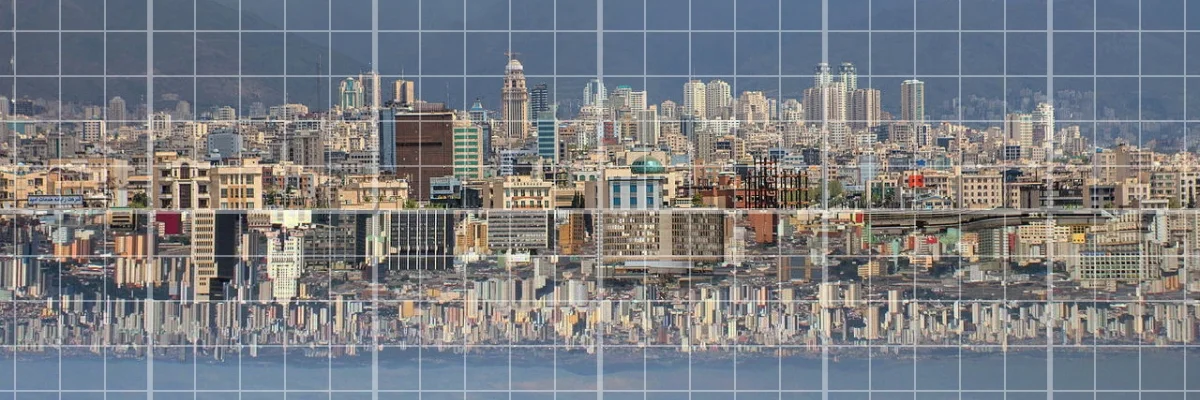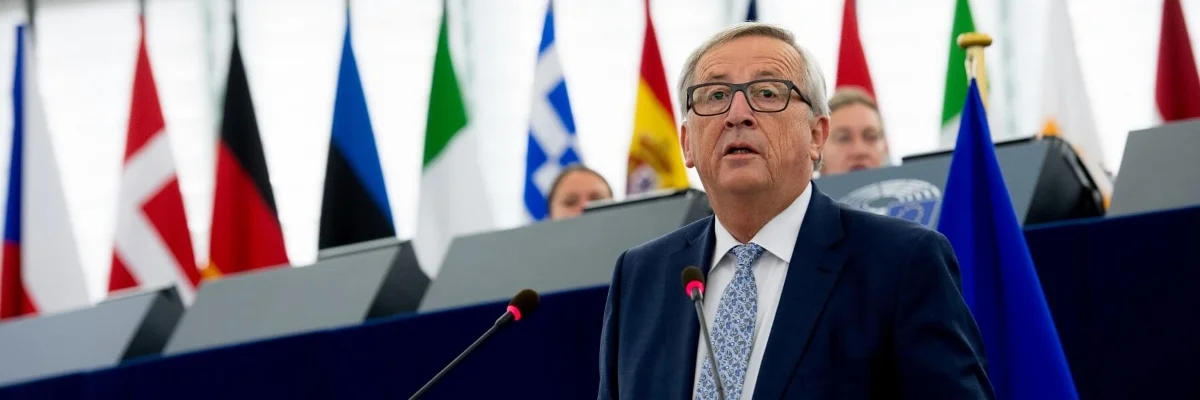◢ The combination of reimposed sanctions, a slowing economy, and a devalued currency have put Iran’s automotive sector under severe pressure With nearly 1 million jobs linked to the automotive industry, the price of a new car could be even more important than the price of oil for the Iranian economy. In an interview with Bourse & Bazaar, Saeed Madani, the former CEO of SAIPA, warned that price controls are squeezing state-owned automakers.
asdasdasdasdasdasdasdasdasdasd





















